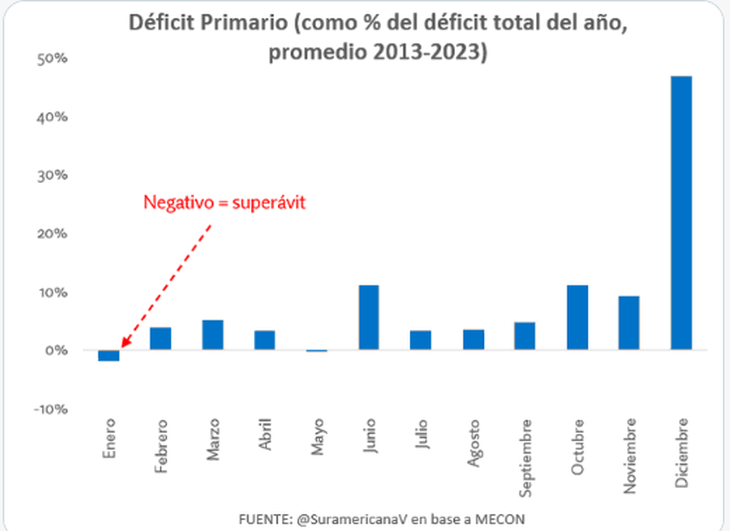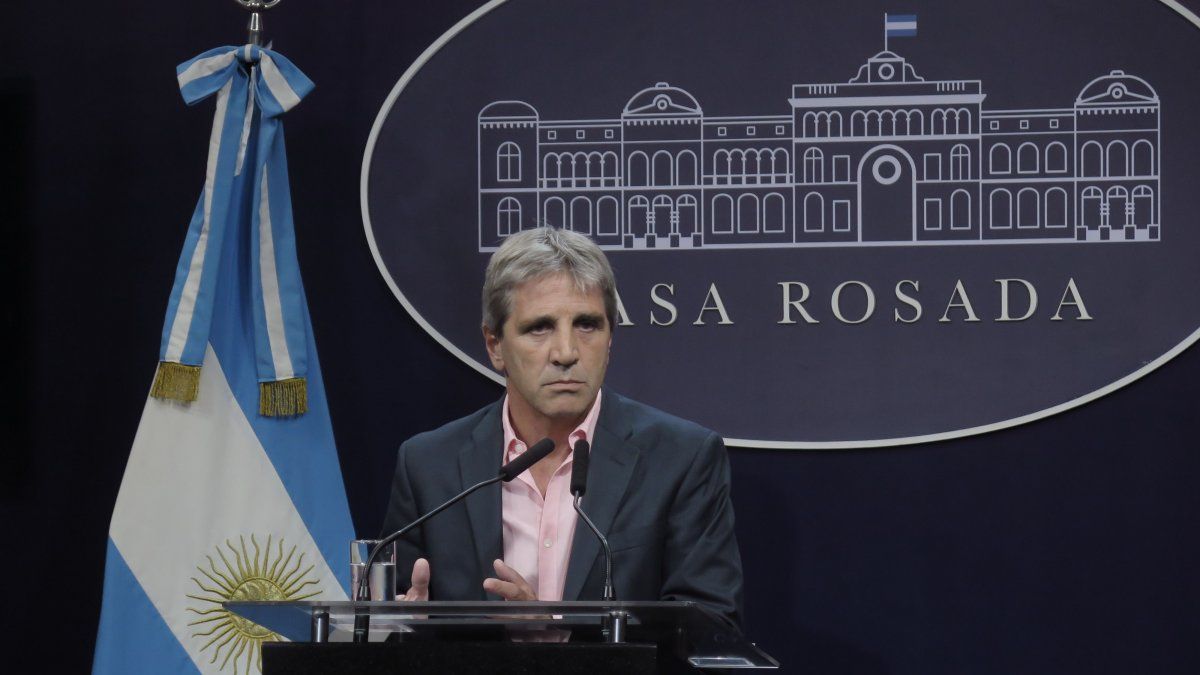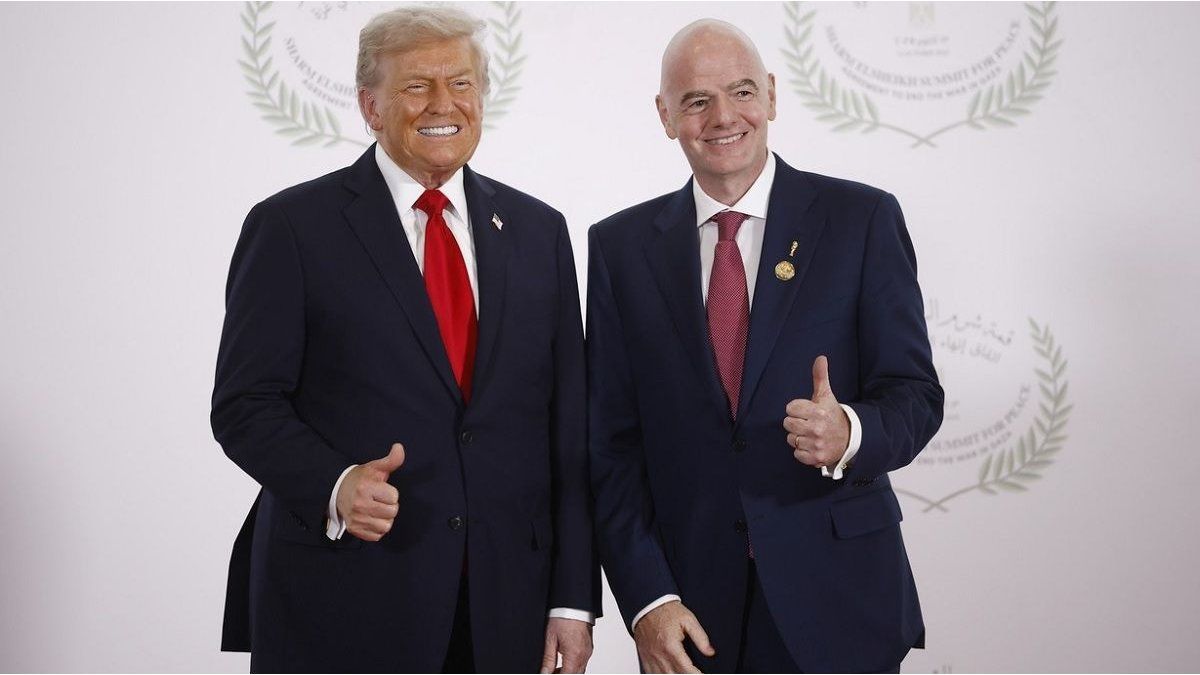He Minister of Economy, Luis Caputo, anticipated that the national public sector had fiscal balance in January, without the need for the tax package that he withdrew a week ago to be approved. Nevertheless, seasonally the first month of the year has under deficit or even surplus.
Caputo mentioned that 0.2% lower deficit was achieved, divided in equal parts between the primary, -difference between expenses and income-, and the financial, which includes the payment of interest.
In this regard, the director of the Center for Argentine Political Economy (CEPA), Hernán Letcher, commented to Ambit “because it usually has low execution and therefore generally does not have much impact.” Thus, he indicated that the first month of the year does not usually have a “significant deficit” because Basically what is paid are salaries and pensions.
analytica-expense-january.png
In that sense, Fernando Morra, economist at Suramericana Visión, agreed that “the fiscal result for January “It is not usually representative of the fiscal performance of the year.”
“ANDn 6 of the last 10 years (2013, 2014, 2016, 2017, 2018, 2019 and 2021) a primary surplus was recorded in that month, which would then become a deficit for the rest of the year,” he explained in his social account X.
Morra said that “is valuable” that a good result has been achieved “but it is little informative of the annual performance.” “It is important that the Ministry of Economy clarify the fiscal program for the year, considering the macro scenario and the impact of legislative changes,” he said.
deficit-january-historical.png

Another element to take into account is that the government is working with the extended 2023 budget. He still has the old games. According to data from the Argentine Association of Budget and Public Financial Administration (ASAP), for the Credits for $37.1 billion are authorized in 2024, almost the same as last year.
What was the January expense?
According to data from the consulting firm Analytica, in January the primary expenditures accrued totaled $2.8 trillion, 36% less than in 2023. Of them, $1.5 trillion corresponded to retirements and PAMI and personnel expenses amounted to $500,000 million.
Mariano Flores Vidal, former general manager of the Central Bank and consultant, said that part of Caputo’s reasoning, in relation to the fall of the Omnibus Law does not impact the accounts, is true. “The diagnosis is correct. Yesterday was within expectations. Regarding the short macro and the balances, nothing happened yesterday,” she explained.
Flores Vidal that the government’s plan is not compromised. The economist specified that the most complicated thing for the program “It happened last week when the minister decided to release the fiscal package”.
Thus, he points out that what remains ““It is a spending liquefaction adjustment.”. “They are working with an inflation of 200% annually and with items from the 2023 budget. That also has short legs. Whenever it is liquefied, the expense lasts a few months and comes back again,” he explained.
In this regard, Flores Vidal said that “it wouldn’t be a problem” for the functioning of the economy if the government this year could not eliminate the total deficit, explaining that with “minor primary surplus” could work perfectly.
Source: Ambito




